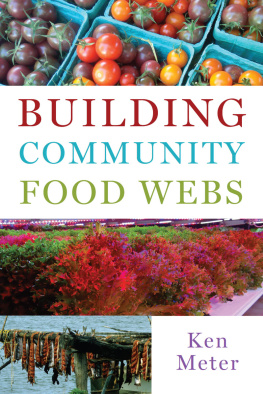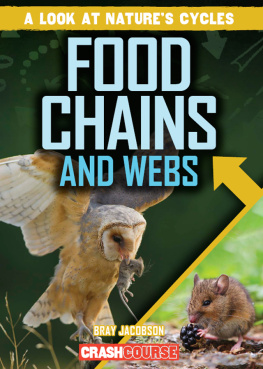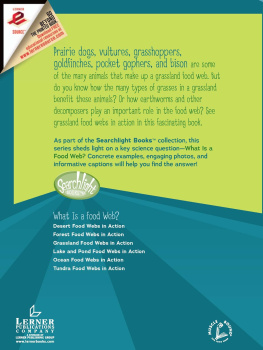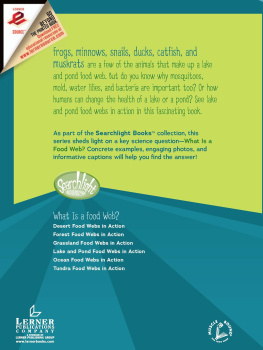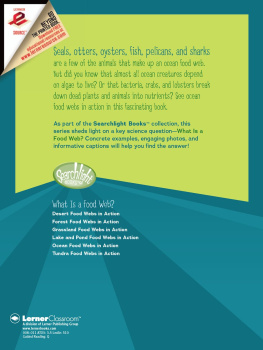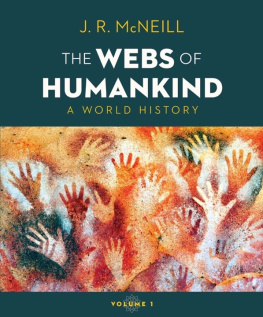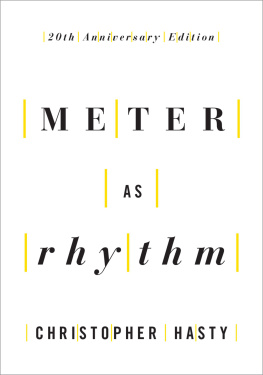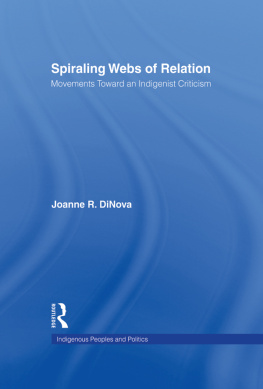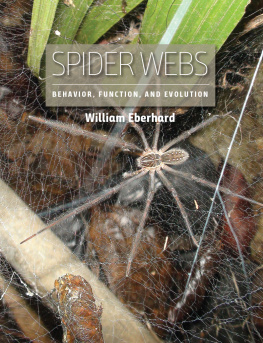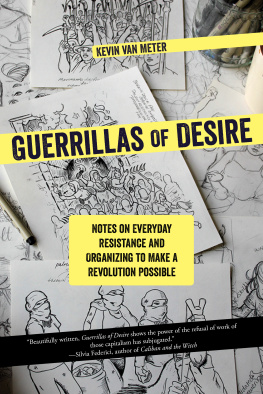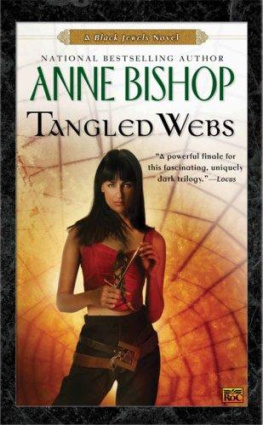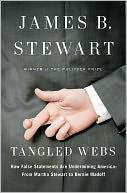Ken Meter - Building Community Food Webs
Here you can read online Ken Meter - Building Community Food Webs full text of the book (entire story) in english for free. Download pdf and epub, get meaning, cover and reviews about this ebook. City: Washington, DC, year: 2021, publisher: Island Press, genre: Politics. Description of the work, (preface) as well as reviews are available. Best literature library LitArk.com created for fans of good reading and offers a wide selection of genres:
Romance novel
Science fiction
Adventure
Detective
Science
History
Home and family
Prose
Art
Politics
Computer
Non-fiction
Religion
Business
Children
Humor
Choose a favorite category and find really read worthwhile books. Enjoy immersion in the world of imagination, feel the emotions of the characters or learn something new for yourself, make an fascinating discovery.
Building Community Food Webs: summary, description and annotation
We offer to read an annotation, description, summary or preface (depends on what the author of the book "Building Community Food Webs" wrote himself). If you haven't found the necessary information about the book — write in the comments, we will try to find it.
Building Community Food Webs — read online for free the complete book (whole text) full work
Below is the text of the book, divided by pages. System saving the place of the last page read, allows you to conveniently read the book "Building Community Food Webs" online for free, without having to search again every time where you left off. Put a bookmark, and you can go to the page where you finished reading at any time.
Font size:
Interval:
Bookmark:
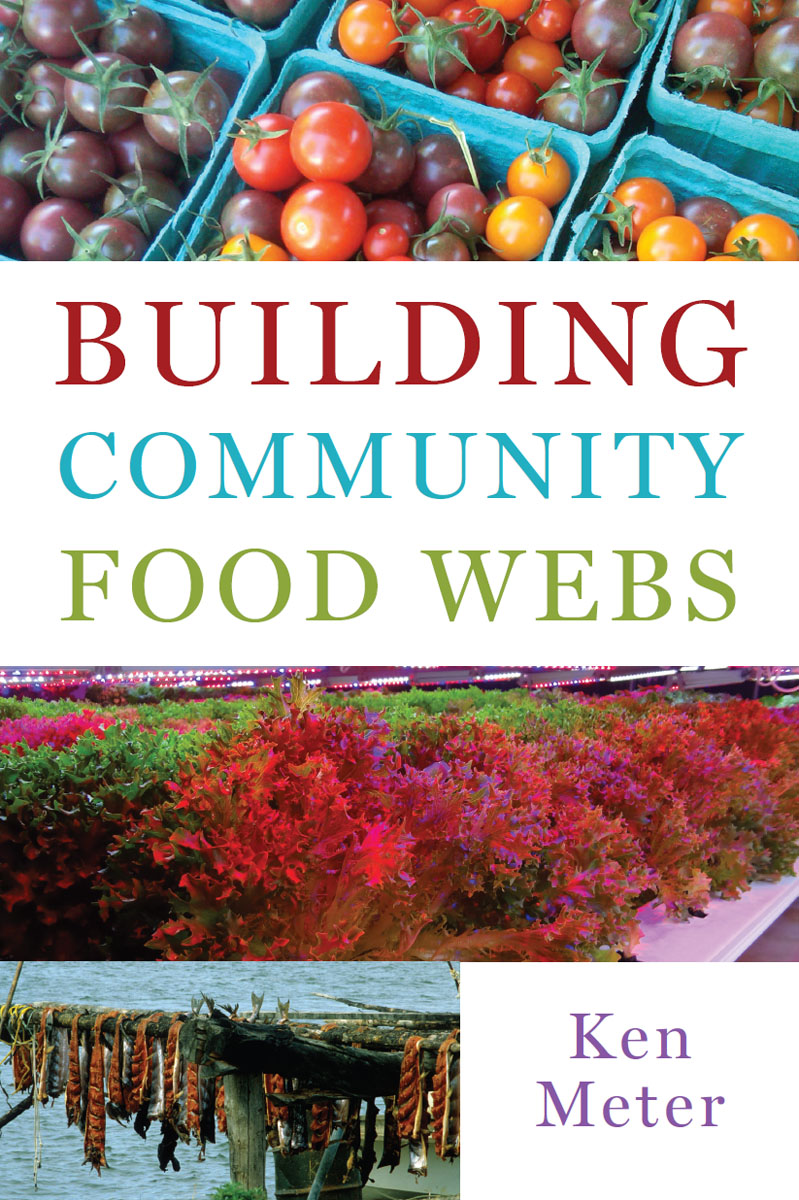
About Island Press
Since 1984, the nonprofit organization Island Press has been stimulating, shaping, and communicating ideas that are essential for solving environmental problems worldwide. With more than 1,000 titles in print and some 30 new releases each year, we are the nations leading publisher on environmental issues. We identify innovative thinkers and emerging trends in the environmental field. We work with world-renowned experts and authors to develop cross-disciplinary solutions to environmental challenges.
Island Press designs and executes educational campaigns, in conjunction with our authors, to communicate their critical messages in print, in person, and online using the latest technologies, innovative programs, and the media. Our goal is to reach targeted audiencesscientists, policy makers, environmental advocates, urban planners, the media, and concerned citizenswith information that can be used to create the framework for long-term ecological health and human well-being.
Island Press gratefully acknowledges major support from The Bobolink Foundation, Caldera Foundation, The Curtis and Edith Munson Foundation, The Forrest C. and Frances H. Lattner Foundation, The JPB Foundation, The Kresge Foundation, The Summit Charitable Foundation, Inc., and many other generous organizations and individuals.
The opinions expressed in this book are those of the author(s) and do not necessarily reflect the views of our supporters.

Island Presss mission is to provide the best ideas and information to those seeking to understand and protect the environment and create solutions to its complex problems. Click here to get our newsletter for the latest news on authors, events, and free book giveaways.

2021 Ken Meter
All rights reserved under International and Pan-American Copyright Conventions. No part of this book may be reproduced in any form or by any means without permission in writing from the publisher: Island Press, 2000 M Street, NW, Suite 650, Washington, DC 20036
Library of Congress Control Number: 2020943013
All Island Press books are printed on environmentally responsible materials.
Manufactured in the United States of America
10 9 8 7 6 5 4 3 2 1
Keywords: Agricultural policy, Civic agriculture, Civic movements, Commodity crops, Community food systems, Economic development, Environmental planning, Equity in agriculture, Farm labor, Farmland conservation, Food banks, Food insecurity, Food security, Food systems, Local food, Regenerative agriculture, Resource economics, Rural development, Sustainable agriculture, Sustainable development, Urban and regional planning
Ken Meters ORCID designation is 0000-0001-5221-6987.
To the next generation of visionaries who are devoted to crafting community food webs globally
Chapter 1
The Extractive US Farm Economy
Chapter 2
Co-learning Is Contagious
Chapter 3
Invoking Traditional Wisdom to Recover from Plantation Agriculture
Chapter 4
Building the Capacities and Voice of Low-Income Residents
Chapter 5
Placing Food Business Clusters at the Core of Economic Development
Chapter 6
The Cradle of Food Democracy: Athens (Ohio)
Chapter 7
Metro-Area Farmers Need Supportive Networks
Chapter 8
Municipal Officials Collaborate to Protect Metro Farmland
Chapter 9
Working Below the Radar to Create Networks of Green Space
Chapter 10
Building Market Power for Farmers
Chapter 11
Shifting from Local Food to Community-Based Food Systems
Chapter 12
Scale Is Both the Problem and the Solution
Conclusion
Building Community Food Webs: Action Networks, System Levers, and Business Clusters
This book literally represents a lifes work. It has been gestating for 40 years. I am indebted to a vast web of supporters for helping inspire, and contributing to, this effort, primarily by sharing their experiences honestly with me. The people named in this book, and countless others, have given me a profound education.
Members of the Community Food Security Coalition (CFSC) were paramount. This umbrella organization brought diverse voices together to ensure that low-income consumers became engaged in shaping more responsive food systems. Its annual meetings regularly attracted about one thousand motivated food leaders who spurred extraordinary community activity and shared insights openly. Through CFSC I made strong connections with grassroots leaders across the US and Canada. Tragically, the organization closed its doors in 2010. I miss it dearly.
Long before this coalition formed, several insightful farmers played key roles in my education. With extreme patience they welcomed me to their farms and explained how the economy functions from their perspectives. The first courageous souls to take me on, when I was a neophyte learning about agriculture, were Bill and Dorothea Harjes, Roger and Holly Harjes, Gordy and Sherry Bates, Ken Narr, Art Berger, Jim Kreger, and Dennis Tuchtenhagen. Most of these farmers launched their operations at the same time, and they took exceptional care to collaborate. They shared equipment, guided accomplished children through 4-H, challenged each others thinking, and swapped rich stories. They literally overturned my notions of economics. Their insights profoundly shape my work.
One small step removed from farming, but playing a key role in my education, was the late Dean Harrington (19502019), president of what is now called Foresight Bank, in Plainview, Minnesota. Dean showed me how a banker in a town of 3,300 could serve as a community-builder dedicated to a steady-state economy and as a champion of literature and theater. Similarly, in Viroqua, Wisconsin, Sue Noble modeled how an economic developer can create community among entrepreneurs, bringing people together to frame a common vision that helped construct strong businesses that complement each other.
Educators added incisive insights. I am deeply indebted to Sara Berry for taking me under her wing as a graduate student, deconstructing some false approaches I had taken, and then guiding me to reassemble a blend of farmers pragmatic insights with scholarly research. Berry also introduced me to the diligent network-building of African villagers.
Two books especially inspired me in writing this work. One, another Island Press title, is Gary Paul Nabhans Food from the Radical Center. The second is Sue Futrells Good Apples. Both illuminate critical issues in deeply humane ways, through the voices of those who labor in farms, fields, and scholarship. A third, Michael Pollans Omnivores Dilemma, motivated me to publish the economic story that operates as a silent current beneath his explication of consumer food choices.
Linda Barret Osborne and Gary Nabhan played key roles in helping me to negotiate the intricate path of publishing a book. Adam Diamond graciously connected me to Island Press. Jesse Wilson offered astute commentary on rough early drafts, while Amanda Robinson suggested incisive ways to make the writing more precise. Carolyn Carr, who has supported this endeavor since its early days, homed in on important gaps in logic. David Conner offered critical suggestions from a professors point of view. Helen Schnoes and Sarah Laeng-Gilliatt provided professional insights from their community food practice. Deb Slee arranged my professional work elegantly on the Crossroads Resource Center website.
Next pageFont size:
Interval:
Bookmark:
Similar books «Building Community Food Webs»
Look at similar books to Building Community Food Webs. We have selected literature similar in name and meaning in the hope of providing readers with more options to find new, interesting, not yet read works.
Discussion, reviews of the book Building Community Food Webs and just readers' own opinions. Leave your comments, write what you think about the work, its meaning or the main characters. Specify what exactly you liked and what you didn't like, and why you think so.

